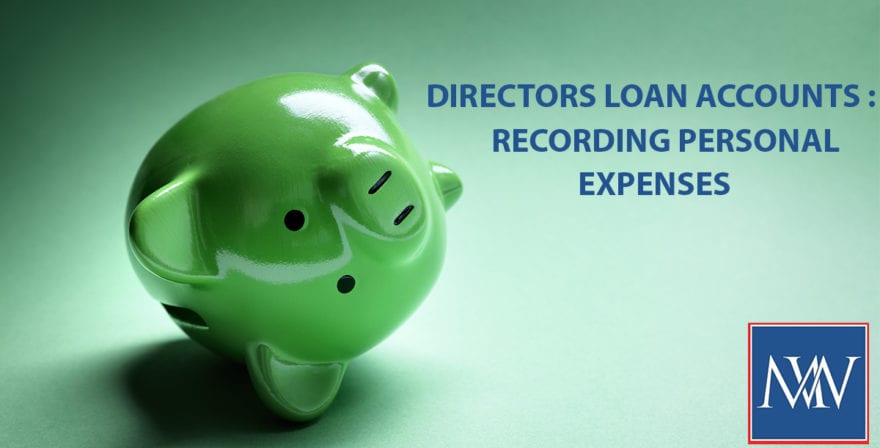
Director’s loan accounts: recording personal expenses
HMRC commonly find errors in relation to directors’ loan accounts when making routine reviews of company tax returns. This article looks at the importance of maintaining proper records of cash and non-cash transactions between the company and the directors.
Directors’ personal expenses
A statutory rule states that a company may not deduct expenditure in computing its taxable profits unless it is incurred ‘wholly and exclusively’ for the purposes of the trade. As companies are separate legal entities that stand apart from their directors and shareholders they do not incur ‘personal’ expenses. However, many companies, particularly ‘close’ companies (broadly, one that is controlled by five or fewer shareholders (participators)), pay the personal expenses of the directors. It is important to note that where payments, either made to or incurred on behalf of a director, do not form part of their remuneration package, these amounts may not be an allowable company expense and may not therefore be deductible for corporation tax purposes. In such circumstances it may be appropriate for these items to be set against the director’s loan account. However, establishing whether a payment forms part of a director’s remuneration package can be complex.
Accounting disclosure requirements for directors’ remuneration include sums paid by way of expense allowance and estimated money value of other benefits received other than in cash. The money value is not the same as the taxable amount, although this is often used in practice. This means the onus is on the director to justify why amounts not disclosed in accounts should be accepted as part of the remuneration package rather than debited to his or her loan account.
Where the expenditure forms part of the remuneration package it will be an allowable expense of the company and the appropriate employment taxes (PAYE income tax and NICs) should be paid. Where the expenditure does not form part of the remuneration package the relevant amount should normally be debited to the director’s loan account.
Cash transactions
Cash transactions between the company and directors may have tax consequences. Broadly, at the end of an accounting period, if the director owes the company money, a tax charge may arise. Subject to certain conditions, a charge may arise where a director’s loan account is overdrawn at the end of the accounting period and remains overdrawn nine months and one day after the end of that accounting period. The tax charge (known as the ‘s 455 charge’) is the liability of the company and is calculated as 32.5% of the amount of the loan. The tax charge can potentially be avoided if the loan is cleared by the corporation tax due date of nine months and one day after the end of the accounting period.
Record-keeping
Good record keeping of all cash and non-cash transactions between a company and its directors is essential. Poorly kept records can mean that information provided is not accurate, which in turn may result in non-business expenditure incurred by the directors being incorrectly recorded or mis posted in the business records and claimed in error as an allowable expense. Conversely, justifiable business expenditure incurred by the directors may not be claimed or claimed inaccurately. Consequently, directors’ loan account balances may be incorrect resulting in s 455 tax being underpaid, or corporation tax relief not claimed by the company at the appropriate time.
Need Accountancy Support?
For information on bespoke training, or if you have any other questions for Makesworth Accountant, please fill in your details below
















 151
151